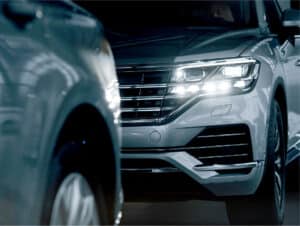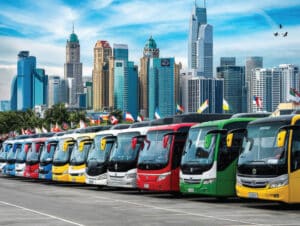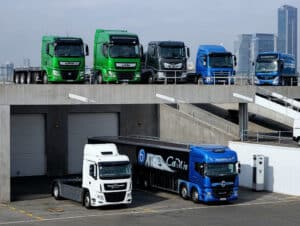Specialty Vehicles is a growing market. Despite the global pandemic, many specialty vehicle manufacturers have reported record sales. The industry as a whole remains very optimistic about the future as the United States returns to normalcy, with 70% of specialty vehicle manufacturers expecting to see an increase in sales over the next year. With sales continuing to grow, and the rising push for electric vehicles from consumers and governments, Specialty Vehicle fleet managers are beginning to make plans for incorporating EVs into their long-term plans.
Specialty Vehicle Companies Expecting Sales Growth Over Next Year
SEMA State of the Industry Report 2021
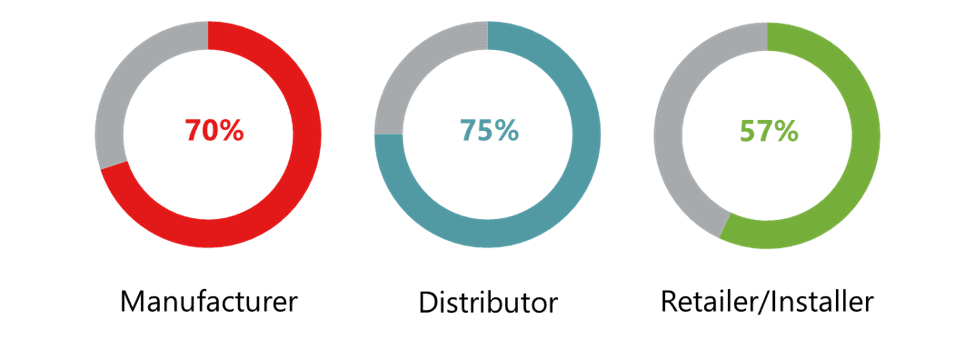
The electrification of specialty vehicle fleets presents a significant opportunity for organizations to reduce their operating costs over time and push the adoption of zero emission transportation forward. Many cities have looked to zero-emission bus fleets to reduce transportation emissions and make the city a healthier place. Although switching to electric presents many new logistical and technological challenges for cities and school districts, with some careful planning, cities such as Los Angeles, Chicago, Seattle, and New York City are electric bus and vehicle fleets. In June, Madison Fire Department of Wisconsin unveiled the nation’s first electric fire engine, manufactured by Pierce Manufacturing. City leaders believe this will cut fuel costs and further the goal of eliminating carbon emissions in the city.
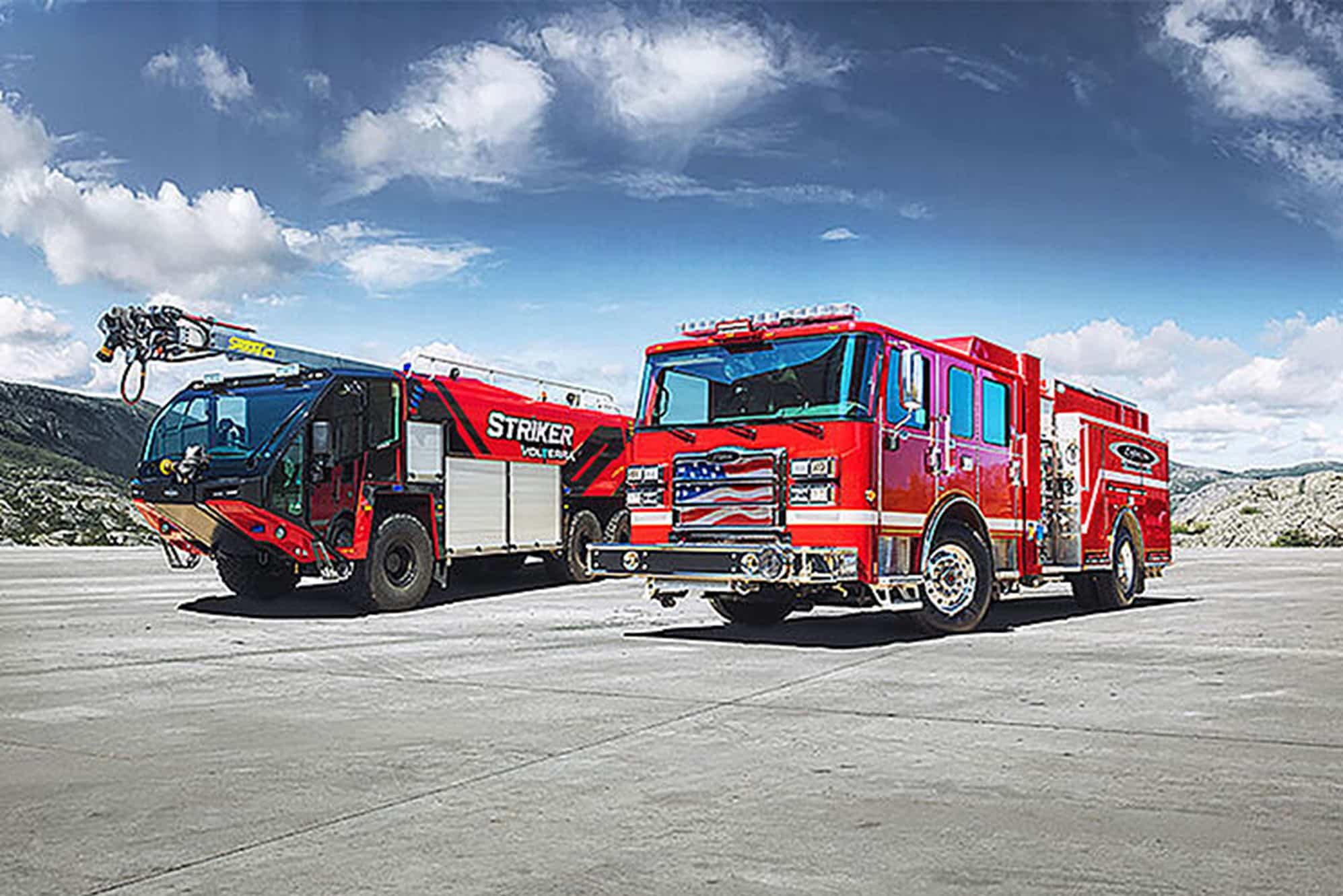
Manufacturing and implementing zero emission vehicle plans is not without its challenges for specialty fleets. Staff will need to undergo significant training to prepare for the operation and servicing of electric vehicles. While there are many similarities between electric and gas-powered vehicles, powertrains are vastly different as are service plans, both day-to-day and preventative maintenance procedures. Staff will also need training on differences in technology, financial changes, and power and operation requirements. Companies may also find that hiring an increased number of consultants to research and implement the initial EV strategy beneficial.
Battery capacity continues to be a key challenge facing electric vehicles and is further challenged with larger vehicles such as buses, RVs, work trucks, and emergency vehicles. Not only can the driving range on the batteries be a barrier for larger vehicles, but fleet managers also face issues of planning for large changes in battery consumption due to weather, number of passengers, and topography. With many vehicles being run long hours during the day and often 7 days a week this leaves little time for charging and maintenance, making fast charging and accessible, on-call technicians a necessity.
Increasing challenges, competition, and rapid technological development creates a need for new digital sales, services, and mobility solutions. Industry focused solutions help companies improve customer satisfaction and empowers organizations to improve productivity, profitability, planning, and flexibility while delivering reliable service using advanced analytics, machine learning and IoT capabilities. Learn more about embracing technology and business systems to fuel growth and sales for Specialty Vehicle Manufacturers here.
Learn more about Annata’s fleet management software or connect with us to find out more.




